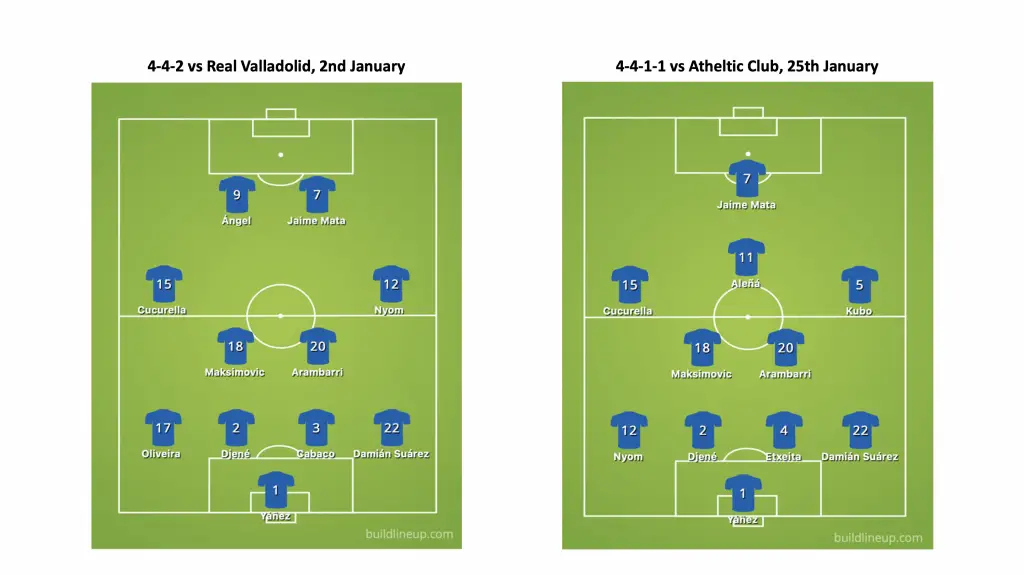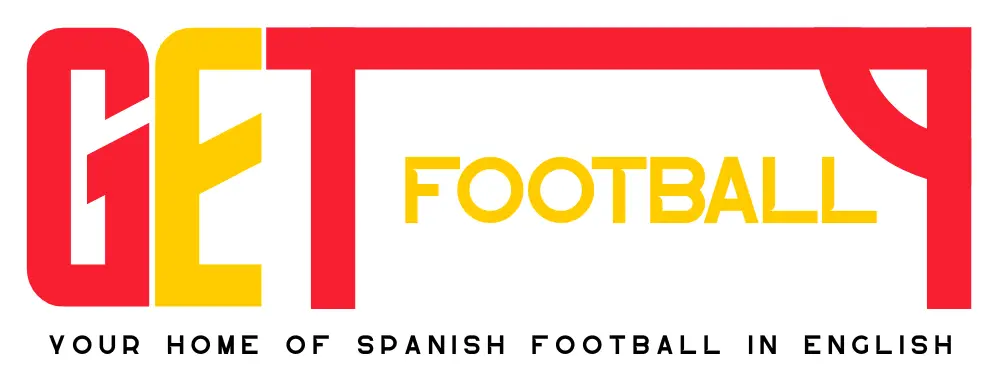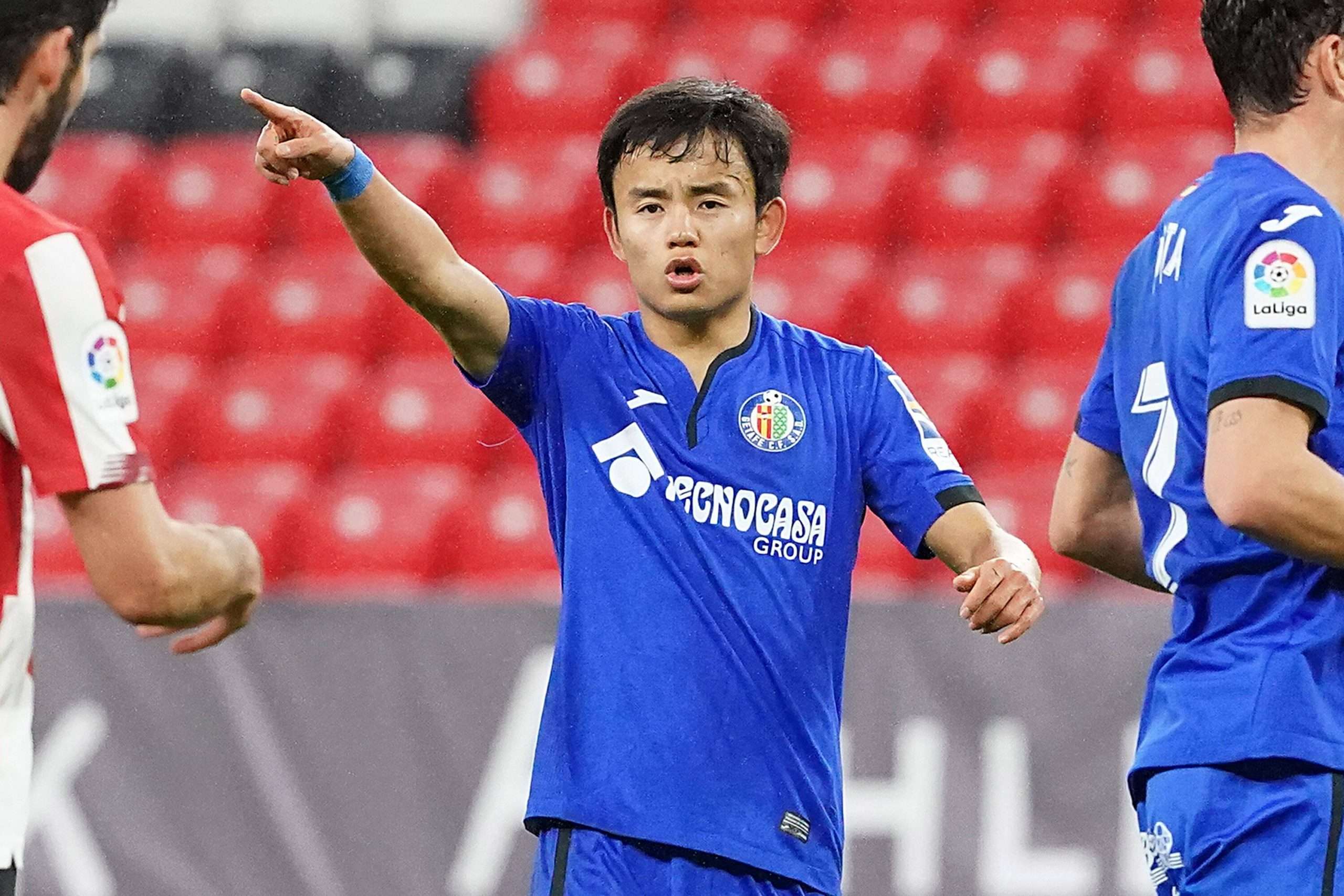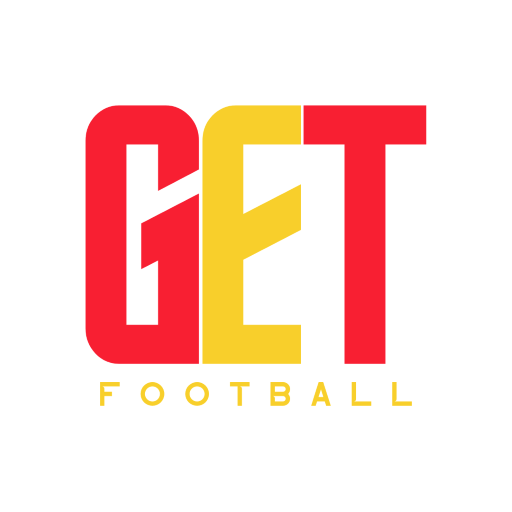When Marc Cucurella scored the fastest goal of the LaLiga season on Monday, opening the scoring for Getafe at San Mamés after just 18 seconds, Athletic Club’s new coach, Marcelino, wasn’t on the touchline to see it. He also wasn’t there as the final whistle blew, to celebrate a magnificent 5-1 victory with his players, over notoriously tough opposition.
Why? He arrived late and left early, to avoid having to face his opposing manager, José Bordalás.
Prowling the touchline, hands in his pockets, hair slicked back, glaring over proceedings from his technical area – you get the feeling that the Getafe boss quite enjoys playing the pantomime villain. He’s no stranger to touchline tensions – Marcelino isn’t the first, and certainly won’t be the last manager who will have a few words to say about him. But, for Bordalás, frustrated opposition managers are usually a good sign that his team are following his controversial instructions well.
At Getafe, he’s cultivated a style that clashes with the possession-heavy, patient approach that has become synonymous Spanish football in recent times. Some call it “anti-football”, others simply see it as a way of levelling the playing field – not allowing financially superior sides to play the game to their strengths. Either way, a lot of people don’t like it.
After his side secured a 2-2 draw with Real Betis in 2018, for example, a game in which Bordalás’ men had 25% possession, two shots on target, and picked up six yellow cards, opposing manager Quique Setién accused his opposite number of setting his side up to play “shameful” football. “It makes my blood boil”, the coach said. “It’s not football, it’s something else”.
Even so, while he might not have made many friends along the way, you can’t really argue with what José Bordalás has managed to do with the struggling Segunda squad and the shoestring budget that he inherited four years ago. When he took over, the side from south Madrid were teetering on the edge of league football, sitting 21st in Spain’s Second Division. Since then, they were not only instantly promoted, but they’ve gone on to secure three consecutive top half finishes in LaLiga, including an incredible 5th place finish in 2019. They’ve even had a Europa League run, disposing of the preceding season’s Champions League semi-finalists Ajax along the way.
And, predictably, it was a glorious victory that led to more criticism from seething opposition, as Frenkie de Jong bemoaned Getafe’s style after the first leg of that famous triumph. In response, Bordalás printed out the quotes and stuck them on the dressing room tactics board, to motivate his players to want to beat their Dutch opposition even more. He may be an abrasive character – fiercely stubborn, intense, prickly – but he’s one of the best underdog managers in world football, proud of what he’s achieved, who can fire up his own players just as well as he can wind up his opponents.
During his time at Getafe, Bordalás has meticulously crafted a system that squeezes every last drop out of the players he has at his disposal. His 4-4-2 with a double 6 pivot is very rigid, focusing on retaining a narrow, compact shape off the ball, along with an extremely aggressive press aiming to stifle the opposition, leaving them with little space in between the lines and disrupting their play wherever possible. Last season, Getafe committed 706 fouls in LaLiga – that’s 85 more than anyone else in Europe’s top five leagues. On the flip side, though, they conceded the fewest shots on target, with only Manchester City running them close. It may not be pretty, but it’s certainly effective.
Where Getafe seem to be running into problems this season, though, is with their offensive build-up. In recent years, they have perfected the art of clinical, direct football – nearly always looking to find the two centre-forwards with vertical passes whenever they win back the ball – as demonstrated by the fact that they averaged the third lowest possession and completed the fewest passes of any LaLiga side last season. And, while it’s worked well for them in the past, Bordalás’ side have found goals harder to come by this time around, scoring just 17 times in 20 games this season. Only Elche and Huesca, LaLiga’s bottom two, have fewer.
It’s a problem that Bordalás saw coming. Speaking in the summer, he spoke of the importance of adding “speed and creativity” to his side, admitting it would be difficult to find players that Getafe could afford. With Carles Aleñá and Takefusa Kubo arriving on loan this January though, it looks like the man from Alicante has had his wish granted by the board.
Coming in from Barcelona and Real Madrid respectively, it was always going to be fascinating to see how the pair would fit in at Getafe – where football is a very different game to that which is taught at Barcelona’s La Masia academy – where both players learned their trade. Aleñá in particular, is a talented creative midfielder, who likes to see lots of the ball, playing short passes and linking up for one-twos with his teammates to find space between opposition lines. On the face of it, he doesn’t really seem to be the type of player who would thrive under Bordalás’ high-intensity, direct style.
In the three games since his arrival though, there seems to have been a slight tweak to the classic 4-4-2 to accommodate this newfound creativity, with Aleñá replacing striker Ángel Rodríguez, to play in behind Jaime Mata in a 4-4-1-1 or a 4-2-3-1, with Kubo starting the last two games on the right of midfield. In sacrificing the second striker, it looks as if Getafe are moving slightly away from the long, searching balls forward, and progressing the ball through a more creative midfielder in Aleñá before trying to find the forward man.

It’s a switch that not only demands central creativity but also a sustained pressing effort from the two new players, including Kubo on the wings. Usually, in the 4-4-2 (as seen above), against Valladolid, the wings are occupied by Allan Nyom and Marc Cucurella, both players who are equally comfortable playing at full-back as they are playing in wide midfield. That, of course, means they are positionally disciplined, as well as defensively strong, providing extra cover as Getafe look to retain a solid 4-4-2 shape off the ball.
In the new system, as Jaime Mata drops alongside Aleñá to help form that 4-4-2 out of possession, there is a defensive responsibility placed on Kubo that he is perhaps not used to. The 19-year-old Japanese winger is a dribbling sensation, providing fantastic pace and penetration when driving forward with the ball. Off it though, and the diminutive young winger will now be expected to put in a defensive shift down the right-hand side. And, it was something that Atheltic Club seemed to target on the weekend, as 44% of the Basque side’s attacks came down Kubo’s flank, with two of their five goals coming from crosses on his side of the pitch. Yes, it was an exceptionally, uncharacteristically bad day at the office for Bordalás’ men, with his usually reliable centre-backs having a nightmare dealing with the crosses, but he’ll be keeping a close eye on the defensive capabilities of that right-hand side in the weeks to come.
Because, in an attacking sense, he will be pleased with what he’s seen so far from his new players. With two assists in his three starts, Aleñá is already among the leading assist makers in the Getafe squad this season, highlighting just how bereft they have been of creativity in the middle of the park, while Kubo’s cameo at Elche turned out to be a match-winning contribution, with his dynamism and positivity leading indirectly to the second and third goals.
It will certainly be interesting, then, to see how Bordalás adapts his side with the challenges that lie ahead. Welcoming the struggling Deportivo Alavés to the Coliseum on Sunday could be a good indicator of the sustainability of the new 4-4-1-1, before tricky games against Sevilla, Real Madrid, Real Sociedad and Real Betis may see a change back to something more traditional for Bordalás’ men if the defensive issues persist.
I don’t think we’ll be seeing tiki-taka at Getafe any time soon, but I think we have seen an interesting tactical tweak from José Bordalás, a manager that realises, after four years of unbridled success, that he might need to try something slightly different. It’s certainly worth keeping an eye out for, though, on Kubo and Aleñá in particular. Maybe youthful enthusiasm will be exactly what Getafe need to get them back into the top half once again.










